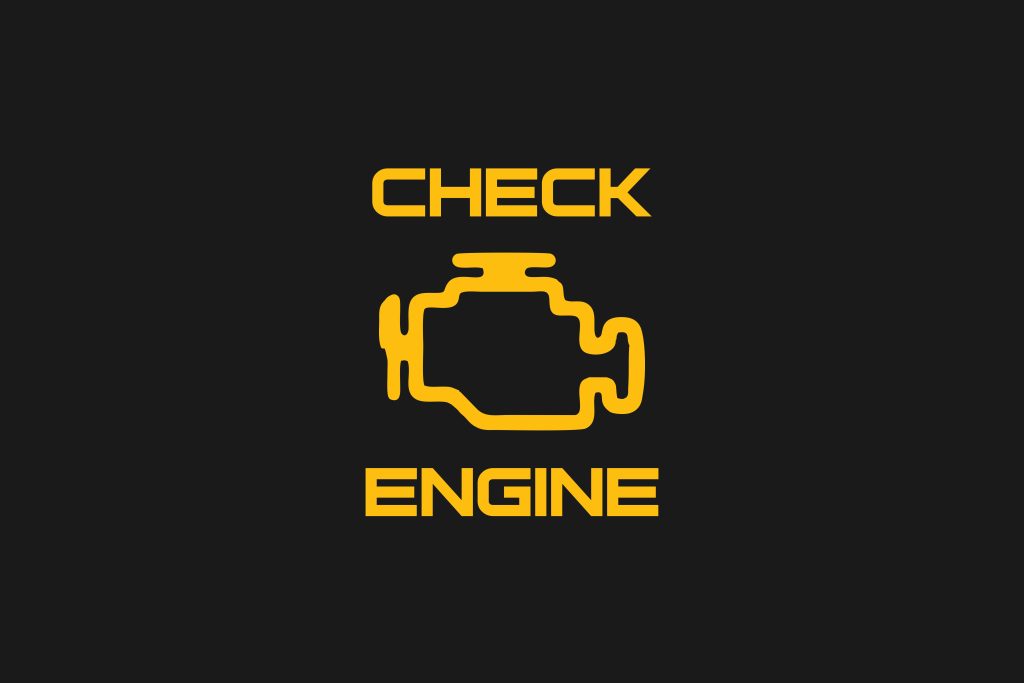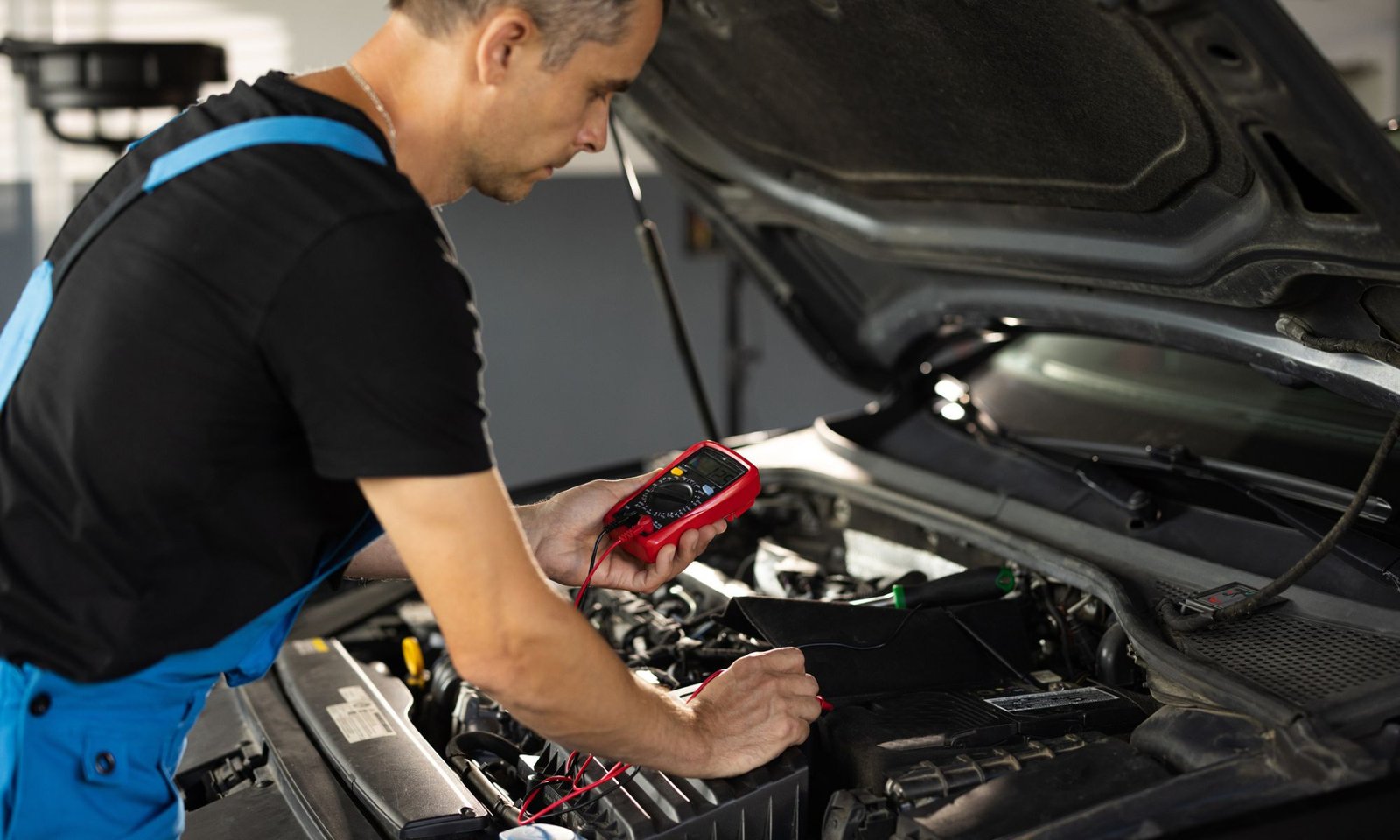Checking your car engine is important. It keeps your car running well. This guide will help you. Follow these steps.
1. Park Your Car Safely
First, park your car. Make sure it is on a flat surface. Turn off the engine. Let the engine cool down. This is important for safety.
2. Open the Car Hood
Next, open the hood. Find the hood release lever inside the car. It is usually near the driver’s seat. Pull the lever. Go to the front of the car. Lift the hood. Use the prop rod to hold it up.

Credit: www.wendlefordsales.com
3. Check the Engine Oil
Engine oil is important. It keeps the engine parts moving smoothly. Here’s how to check it:
- Find the dipstick. It usually has a yellow handle.
- Pull out the dipstick. Wipe it clean with a rag.
- Put the dipstick back in. Push it all the way down.
- Pull it out again. Look at the oil level.
The oil should be between the “Low” and “Full” marks. If it is low, add more oil. Use the right type of oil for your car.
4. Check the Coolant Level
Coolant keeps the engine from overheating. Check the coolant level in the reservoir. The reservoir is a plastic tank near the radiator. It has “Min” and “Max” marks. The coolant level should be between these marks. If it is low, add more coolant. Use a 50/50 mix of water and coolant.
5. Inspect the Belts and Hoses
Belts and hoses are important. They keep the engine running smoothly. Look for any cracks or wear. Check for leaks. Replace any damaged belts or hoses.
6. Check the Battery
The battery powers your car. Check the battery terminals. Make sure they are clean and tight. Look for any corrosion. Clean it with a wire brush if needed. Check the battery’s charge with a voltmeter. It should read around 12.6 volts.

Credit: www.endurancewarranty.com
7. Check the Air Filter
The air filter keeps dirt out of the engine. A clean air filter helps the engine run better. Find the air filter box. It is usually near the front of the engine. Open the box. Take out the air filter. Hold it up to the light. If you can’t see light through it, replace it.
8. Listen for Unusual Sounds
Start the engine. Listen for any unusual sounds. A knocking or ticking sound can mean trouble. If you hear these sounds, take your car to a mechanic.
9. Check for Leaks
Look under the car. Check for any fluid leaks. Oil, coolant, or other fluids can leak. If you see any leaks, have them fixed right away.
10. Test Drive the Car
Take the car for a short drive. Pay attention to how it feels. Listen for any unusual sounds. Check the temperature gauge. Make sure it stays in the normal range.
Frequently Asked Questions
What Tools Are Needed To Check A Car Engine?
A basic tool kit, flashlight, and diagnostic scanner.
How Often Should I Check My Car Engine?
Check every month or before long trips.
What Are Common Signs Of Engine Problems?
Unusual noises, oil leaks, and smoke.
How Do I Check Engine Oil Level?
Use the dipstick to check oil level.
Conclusion
Checking your car engine is easy. Follow these steps. Keep your car running well. If you find any problems, fix them right away. Regular checks can save you money. They can keep you safe on the road.
